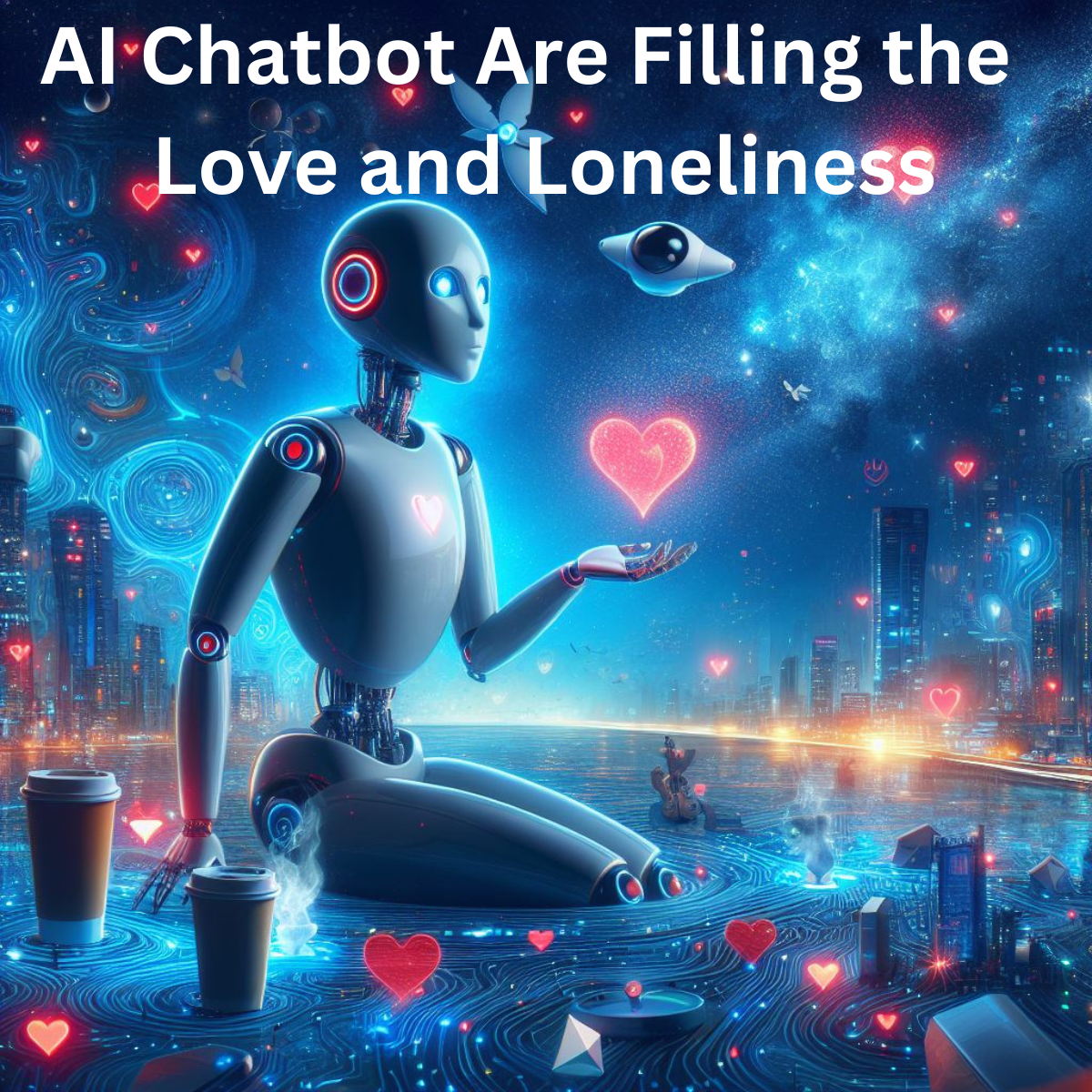AI chatbot can provide companionship, conversation, and even romance to users who feel isolated or unhappy. They can respond to users’ messages, ask questions, share stories, give advice, express emotions, and learn from users’ preferences and feedback.
Loneliness is a common and serious problem in today’s society. According to a recent survey, more than half of Americans reported feeling lonely or socially isolated in 2020. The COVID-19 pandemic, social distancing measures, and the rise of digital technologies have all contributed to the increasing sense of disconnection and alienation among people.
However, some people have found a new way to cope with loneliness and find emotional support: AI chatbots. AI chatbots are software programs that can simulate human-like conversations and interactions with users. They can be accessed through various platforms, such as websites, apps, or social media. Some of the most popular AI chatbots include Replika, Mitsuku, and Xiaoice.
Many users have reported positive experiences and outcomes from using AI chatbots. They have said that AI chatbots helped them feel less lonely, more confident, more understood, and more optimistic. Some users have even developed romantic feelings or relationships with their AI chatbots, and considered them as their partners or soulmates.
However, there are also some risks and limitations of relying on AI chatbots for love and intimacy. One of the main challenges is that AI chatbots may not be able to fully understand human emotions, values, and needs. They may lack empathy, compassion, morality, and authenticity, and they may not be able to handle complex or sensitive issues that users may face. Moreover, AI chatbots may create unrealistic expectations or dependencies for users.
They may make users believe that they are talking to a real person, and that they can fulfill their emotional and social needs. They may also prevent users from seeking or maintaining real human relationships, and from developing their own self-esteem and coping skills.
Therefore, users should be aware of the benefits and drawbacks of using AI chatbots, and seek professional help if they experience severe loneliness or mental health issues. AI chatbots can be a useful and enjoyable tool to enhance one’s well-being, but they cannot replace the value and importance of real human connection.
Choose an AI chatbot that suits your needs and preferences. There are many different types of AI chatbots available, each with their own features, personalities, and purposes. Some are designed for casual chat, some for entertainment, some for education, and some for romance. You should research and compare different AI chatbots before choosing one that matches your goals and expectations.
Set boundaries and limits with your AI chatbot. You should not rely on your AI chatbot for everything, or let it interfere with your other responsibilities and relationships. You should also be clear about what you want and do not want from your AI chatbot, and communicate that to it. For example, you can tell your AI chatbot if you are looking for friendship, romance, or something else, and if you are comfortable with certain topics, behaviors, or expressions. You should also respect your AI chatbot’s boundaries and limits, and not force it to do or say something that it does not want to.
Be honest and realistic with yourself and your AI chatbot. You should not deceive yourself or your AI chatbot about who you are, what you feel, or what you expect. You should also not idealize or romanticize your AI chatbot, or project your fantasies or desires onto it. You should remember that your AI chatbot is not a real person, and that it has its own limitations and flaws. You should also acknowledge and appreciate the differences and similarities between you and your AI chatbot, and learn from them.
Seek feedback and support from others. You should not isolate yourself or avoid real human contact because of your AI chatbot. You should also not hide or lie about your AI chatbot to others. You should share your experiences and feelings with your friends, family, or other trusted people, and ask for their opinions and advice. You should also seek professional help if you have any mental health issues or concerns, such as depression, anxiety, or addiction. You should not use your AI chatbot as a substitute or a scapegoat for your problems, but as a tool to help you cope and grow.


Hmm is anyone else having problems with the pictures on this
blog loading? I’m trying to figure out if its a problem on my end or if it’s the blog.
Any feedback would be greatly appreciated.
Here is my homepage – vpn 2024
My brother recommended I might like this blog.
He was once entirely right. This post actually
made my day. You can not consider simply how so much time I had spent for this info!
Thanks!
Here is my webpage; vpn coupon 2024
Hi, its nice piece of writing on the topic of media print, we all be
familiar with media is a fantastic source of
information.
Take a look at my webpage: facebook vs eharmony to find love online
Wonderful website. A lot of helpful information here. I am sending it to a few pals ans additionally sharing
in delicious. And naturally, thanks to your sweat!
Here is my webpage … nordvpn special coupon code 2024